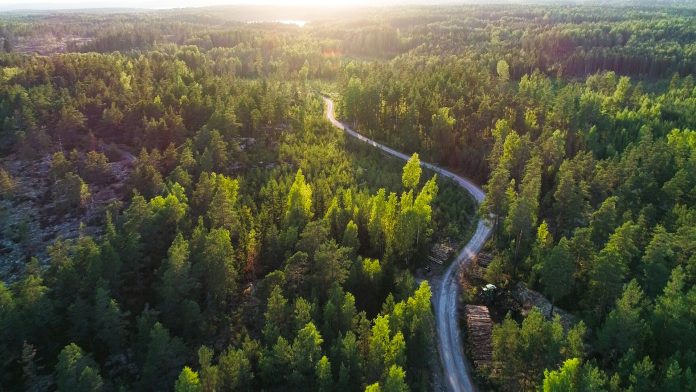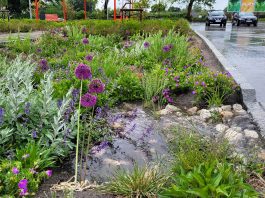Mariano Votta and Daniela Quaggia of Cittadinanzattiva-Active Citizenship Network discuss how the BioReCer project is enhancing certification schemes for biological resources in Europe’s forest industry.
Supported via the European Union’s Horizon Europe framework, the Biological Resources Certifications Schemes (BioReCer) project aims to assess and complement current certification schemes for biological resources according to the new EU sustainability goals to enhance bio-based circular systems.
This will be achieved by including new criteria that align with EU taxonomy and EU corporate due diligence regulations into guidelines for certifying biological resources’ sustainability, origin, tracking and traceability (T&T) and by ensuring applicability at EU and global scale.
By promoting the sustainability and trade of biological resources, BioReCer will increase the added value, use, and social acceptance of bio-based products.
The project will focus on four case studies:
- Agriculture waste (Greece),
- Fish cannery industry and wastewater treatment sludge (Spain)
- Urban waste (Italy)
- Residues from the forest industry (Sweden)
Mariano Votta and Daniela Quaggia outline how the Swedish case study will promote bio-based circular systems for the forest industry.
Forest industry policy in the EU
A wide range of EU policies and initiatives are linked to forests and the ecosystem services they provide, including biodiversity and climate change mitigation.
This is recognised in the EU Forest Strategy for 2030, the EU Biodiversity Strategy, the EU Nature Restoration Law and the Renewable Energy Directive (RED).
The forest also plays an important role in the EU Bioeconomy Strategy by supporting employment in rural areas.1
Swedish case study
The countries with the largest forest areas in the EU were Sweden (28 million hectares), Finland (22 million hectares) and Spain (19 million hectares), as estimated for 2021.2
In particular, 69% of Sweden is covered with forests. The forest industry represents approximately 10-12% of the Swedish industry in terms of employment and sales.
Industrial forest processing is well-controlled and results in large volumes of GROT (branches, roots, tips), sawdust, bark and sludge.3
However, how can we increase the value of these biological resources? How do we guarantee their traceability in the value chain? And why is it useful to increase consumer confidence towards products made from biodegradable materials?
These are the key targets the BioReCer project will address. Besides the residues and side streams from the forest industry in Sweden, BioReCer will consider value chains where green chemicals and materials comprise potential products derived from these feedstocks, as it will also consider valorisation of other associated residual streams, e.g. warm water and CO2.
BioReCer will consider value chains where green chemicals and materials comprise potential products derived from these feedstocks.
BioReCer consortium event
The BioReCer consortium has organised an event in Örnsköldsvik, Sweden, entitled ‘Certifying the sustainability of biological resources in the forest industry: a multistakeholder perspective‘.
The event will bring together all the major stakeholders in the forestry sector. Stakeholders play a crucial role, as they bring diverse perspectives, expertise and interests.
Their involvement in the BioResources Stakeholders Platform – and active participation in various stakeholder initiatives like focus group discussions and surveys – ensures that the project aligns with real-world needs, enhances the relevance of outcomes, and fosters broader acceptance and implementation of the proposed guidelines and certification schemes.
References





